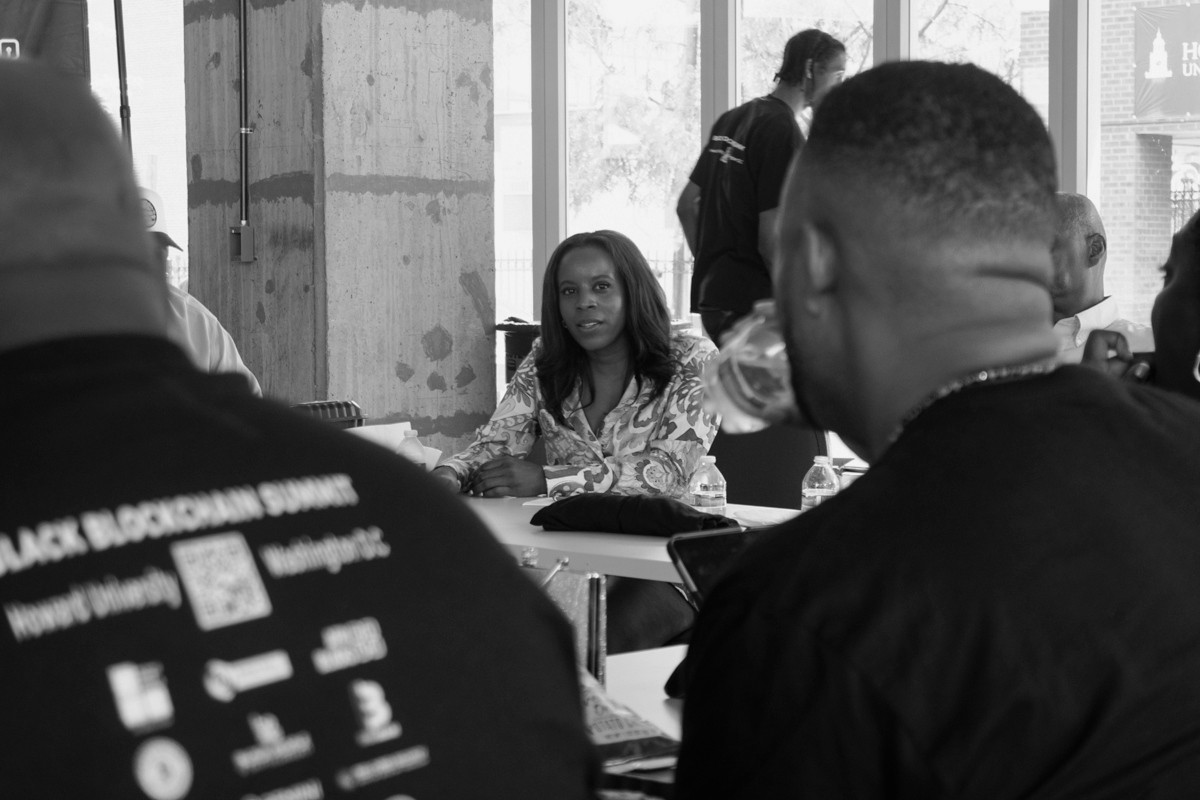The discussion centers on fostering collaboration between blockchain startups, universities (especially HBCUs), and research to boost Black participation and innovation in blockchain technology. Panelists highlight challenges Black startups face, including lack of funding and limited access to resources like experienced mathematicians and research databases common in elite institutions. They emphasize the psychological barriers Black students encounter, such as intimidation and low self-confidence, which hinder engagement with startups and tech projects. The conversation stresses the importance of realistic expectations when involving students, advocating for clear project timelines, academic credit, and potential job opportunities post-project. The role of accelerators like MouseBelt is noted for providing education and funding, but Black startups often lack similar backing, relying heavily on sweat equity and personal risk. The panelists advocate for creating stronger networks among Black alumni, entrepreneurs, and researchers to pool resources, fund education, and build sustainable ecosystems. They also underscore the necessity of celebrating small wins, encouraging risk-taking, and learning from failures—paralleling early tech industry experiences. Virtual conferencing tools like Zoom have become vital for connecting talent globally, enabling oral histories and mentorship. The overall message is a call to action for collective investment, better socialization of Black students into tech innovation, and strategic partnerships to ensure Black-led blockchain ventures can thrive amid current inequities.







